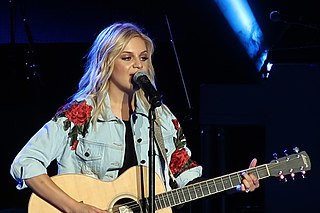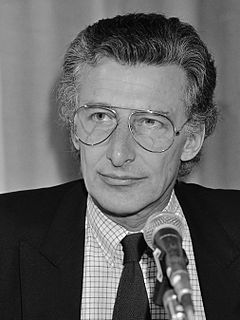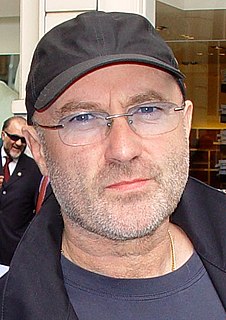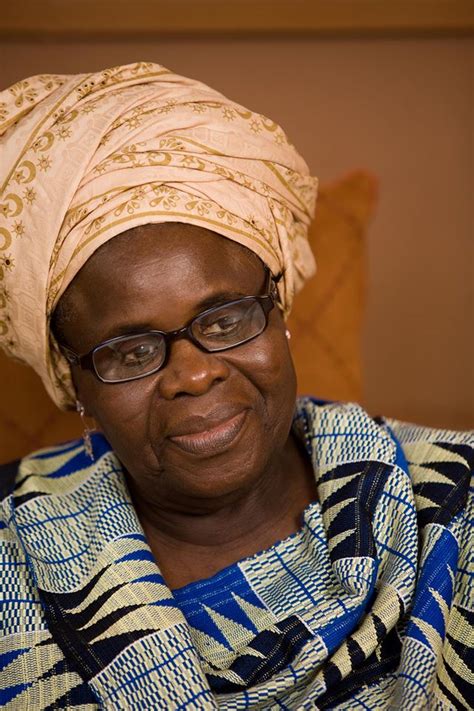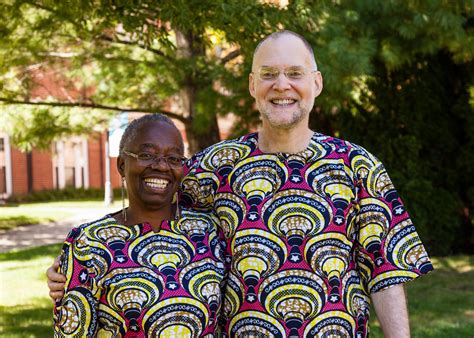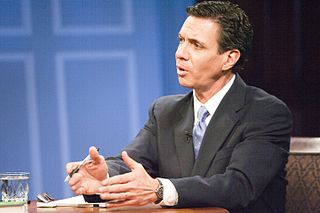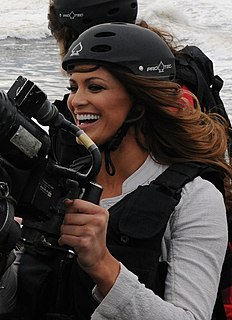A Quote by Sebastian Lelio
I wanted to be a poet. I wrote from ages 15 to 22, but I left it because I discovered, and fell in love with, cinema.
Related Quotes
I made a movie when I was 15 years old with all my friends. This is when IMDb was a little more lax with its proceedings, so it's listed as one of my projects. I was 15 years old; it's a terrible movie. I wrote 50 percent of it because I wanted to kiss this one girl, and I wrote a kissing scene for it.
The image of keys (plural) perhaps suggests not so much the porter, who controls admission to the house, as the steward, who regulates its administration (Is 22:22, in conjunction with 22:15). The issue then is not that of admission to the church (which is not what the kingdom of heaven means; see pp. 45-47) but an authority derived from a delegation of God's sovereignty.





